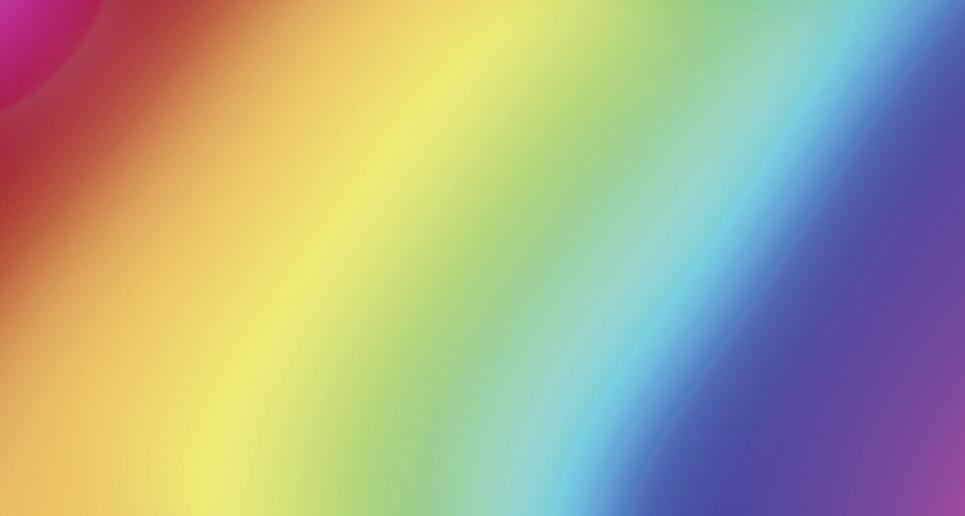
6 minute read
09 QUEER MOVIES FOR THE GAY IN ALL OF US
from Dear Lake Oswego
by Color Zine
By Cameron I
While being a member of the LGBTQ+ community has become more normalized in America --through gay marriage and other Supreme Court protections, as well as the ceremonious annual Pride Month-- there remains a huge lack of representation for the community in nearly all media. Usually, “representation” in most TV shows and movies are just side, queer characters turned to tokens for “diversity” or more straight white people playing queer roles (Let’s not forget when Scarlett Johanneson was asked to play a transgender character and the internet dropped her faster than she could drop the role). While the community is stronger than ever, long withstanding patriarchal oligarchies within Hollywood still exist, and are less keen on creating stories that actually represent Queer existence in a positive light, beyond just cheating on spouses or being these token background persons.
Advertisement
Below are some of the best movies with LGBTQ+ main characters I’ve seen, not to say these are just “gay movies” though. What’s often the misconception about diverse films is that people (more-so non-BIPOC, LGBTQ+ people) associate them as films only for the people described within the film, however, that is simply not the case. These are stories that shed light on another group’s existence, but they also are human experiences that anyone can relate to; these movies are finding first loves, faith, hope, as well as overcoming bullies, cultural pressures, and social norms. These are not just gay movies, but human ones.
Please remember these are probably not even the best of the best of the LGBTQ+ films, but I wanted to highlight ones not often discussed because of their intersectionality of gender, sexuality, religion, and race. So, no, I won’t be talking about “Portrait of a Lady on Fire” or other white queer movies (“Call Me By Your Name,” “Carol,” “The Danish Girl,” and “Blue is the Warmest Color”), even if they’re good.
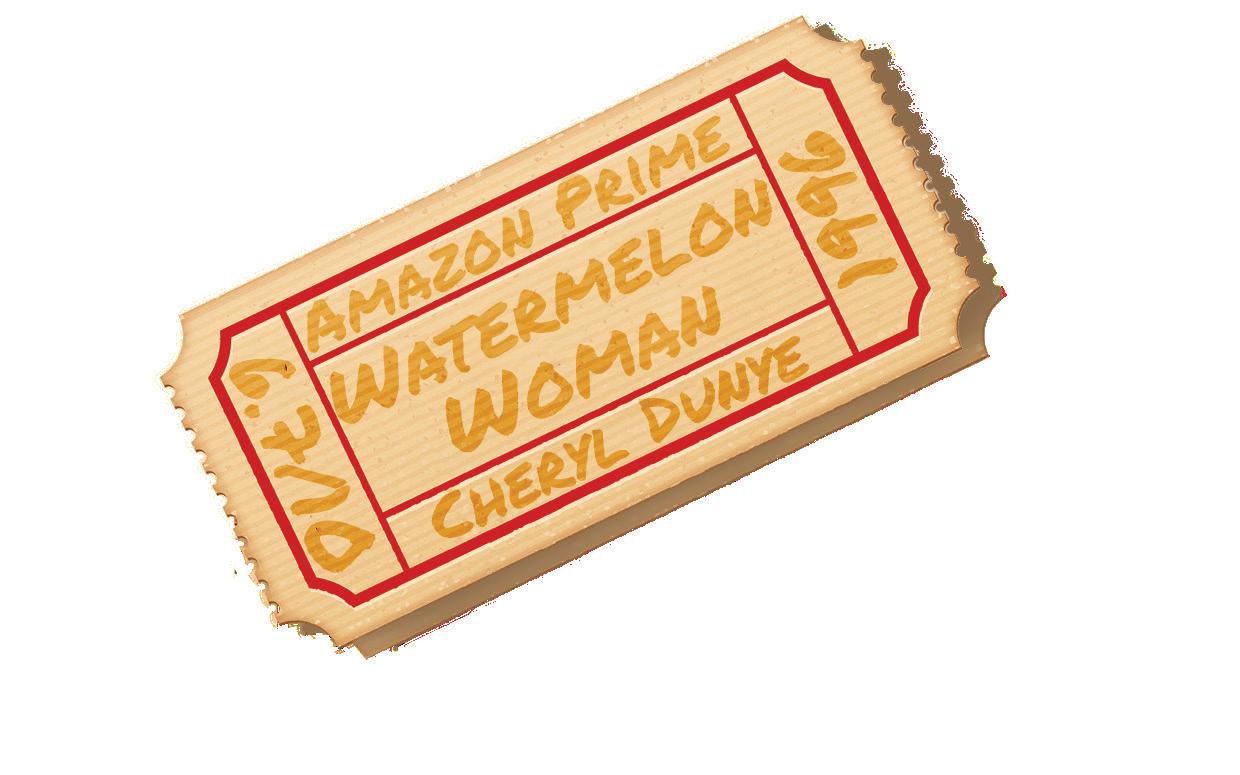
Before we get into the first film, Cheryl Dunye’s “Watermelon Woman,” I want to preface that the lower score was only because of personal connection. I didn’t relate to the story so much, but it was nevertheless interesting and valuable as an experience. Like “Saving Face,” it added much more cultural significance than the plot necessitated, especially through the dialogue, the cinematography surrounding Philadelphia and the depth to which it explored white-saviorism, anti-Black sentiments, police brutality, and lesbianism, all from a Black LGBTQ+ perspective. In the film, it stars writer/director Cheryl Dunye, playing herself, as she uncovers the mystery of an uncredited actress --called “the Watermelon Woman”-- as she appears in numerous “mammy” roles across 1930s antebellum-period, racist movies. In the process of uncovering who this actress truly is and creating a documentary about it, she meets and forms a relationship with a white woman who helps her with her search. It has a pretty underground-indie vibe, where you don’t know if it’s all true or not, but I appreciated the unique idea that one can create, or invent, one’s own history. (Also, shoutout this movie on this list for being the only one to showcase an interracial couple and the only one where both actors are actually gay, and not just straight people taking those roles!)

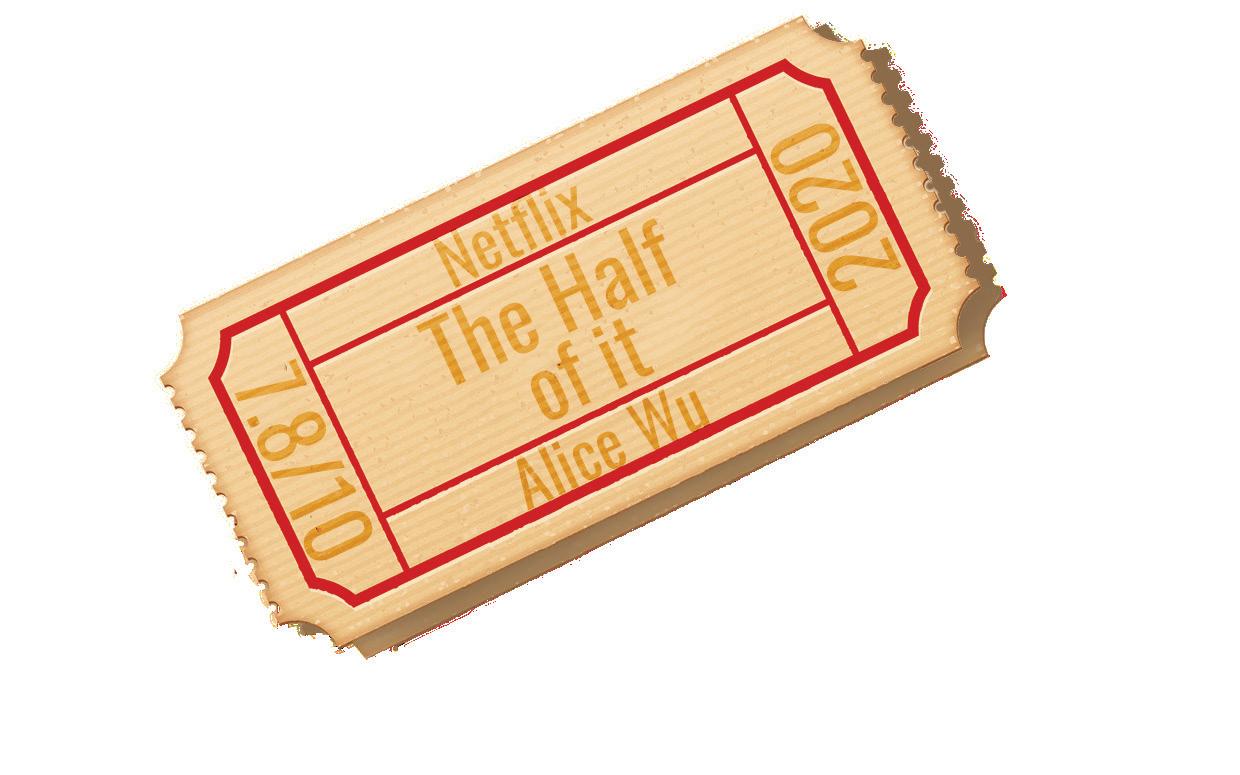
As one of Netflix’s newest and one of its only LGBTQ+ original films, it offers a new take on the “love triangle,” without fading into the expected redemption or revenge arcs. The second title from director Alice Wu on this list, “The Half of It” is about a wallflower, teenage, Chinese girl from a small town who’s secretly in love with the most popular girl in school because she’s not like other girls (so quirky, right?). Although she begins to step out of her comfort zone when her neighbor reaches out to her to help him write his crush a love-letter, and guess what… they have the same crush! Unbeknownst to him she has romantic feelings for her and the thread of the entire lie slowly unravels till the very end. Just like “But I’m a Cheerleader,” this film is very campy, but it has a bit more heart in it. It sheds light on the religious aspects of homophobia and racism, but generally, it’s less deep than the other movies on this list.
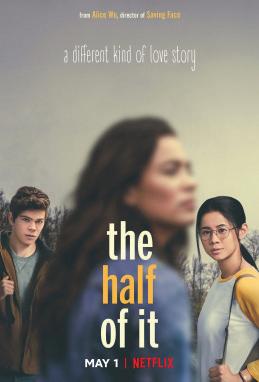
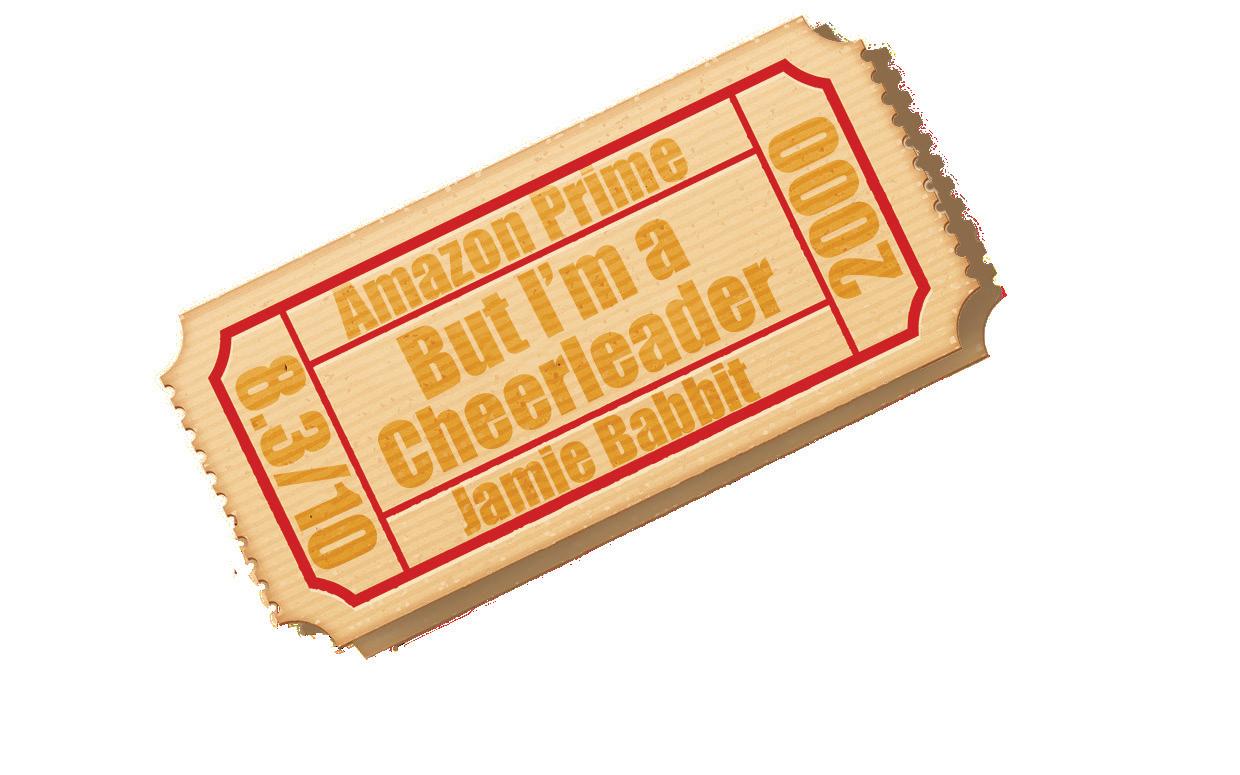
First off, the all-star alternative cast of “But I’m A Cheerleader” deserves some recognition all on its own, including: Natasha Lyonne, RuPaul Charles, Clea DuVall, and Dante Basco (aka Prince Zuko from “Avatar: The Last Airbender”). Besides the hilarious cast, the story is almost out of a cartoon (or Mike Pence’s summer camp dreams); Lyonne stars as a high school cheerleader whose parents, friends, and boyfriend suspect is a *whispers* homosexual, so they send her to “True Directions,” a conversion camp for addled homosexual teens. While she’s there, she meets other troubled gay boys and girls who guide her on her queer journey, while also trying to graduate from the course and become straight. It’s a hyper-surreal and serialized view of homosexuality and queer-pride, but very appropriate for the chaos of 2020. It’s got a colorful level of 90s campiness, so if you like “Austen Powers,” “Sky high,” or “Scott Pilgrim vs The World,” you’ll probably like this movie too.
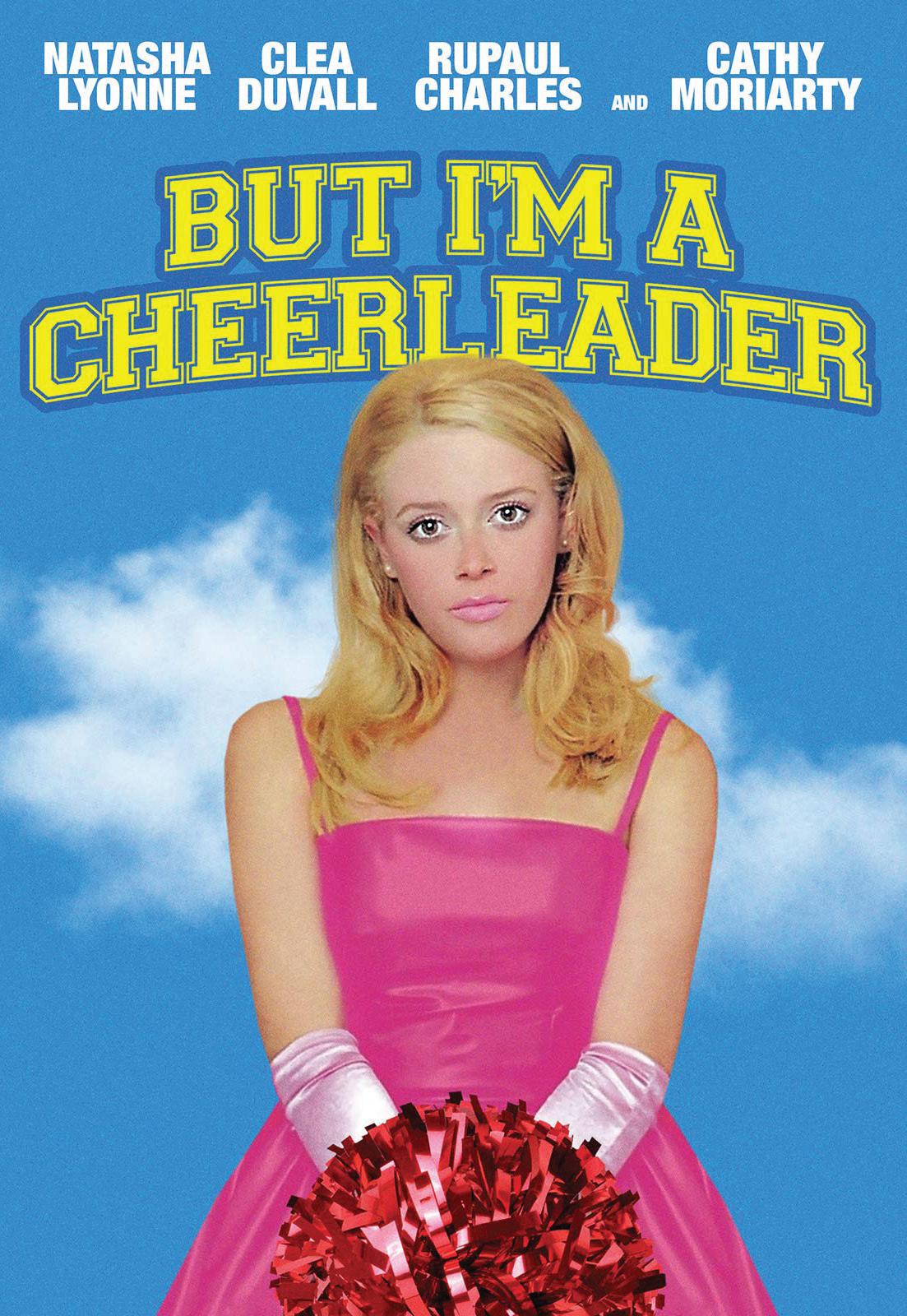
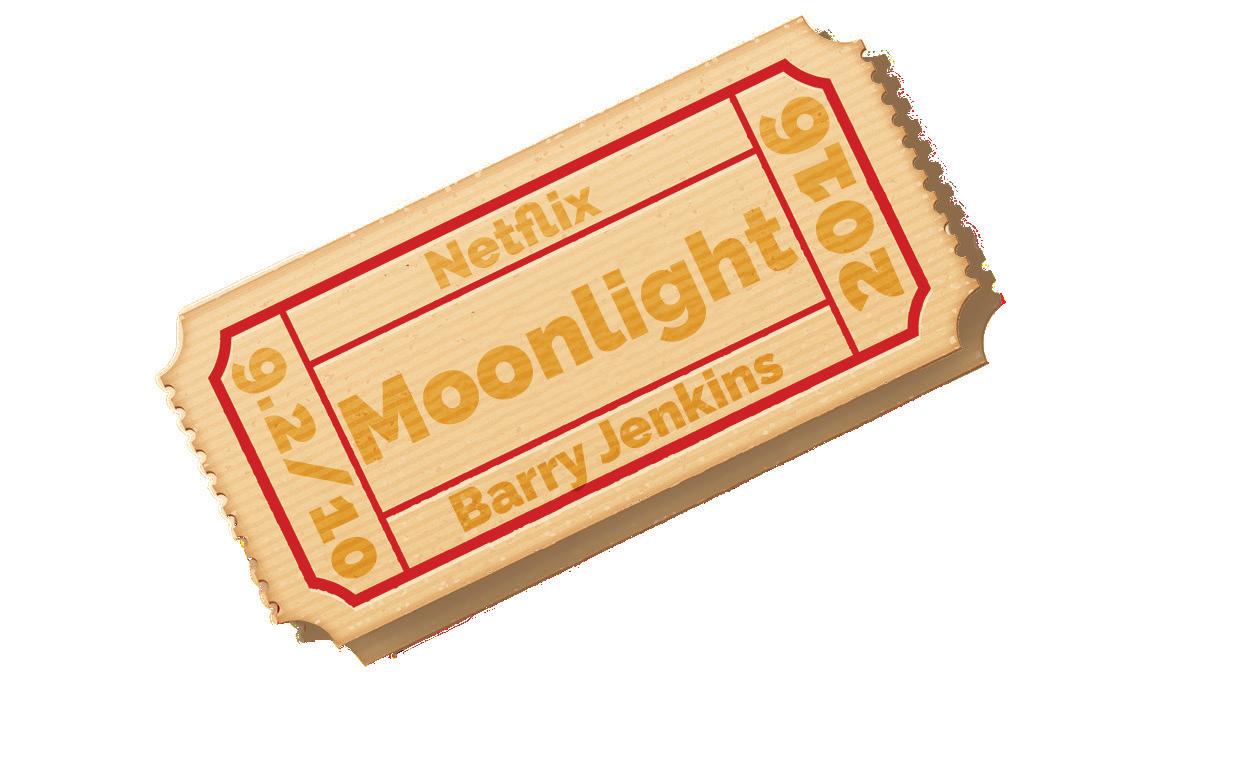
Taking place in the hood of Miami, “Moonlight” is told through three different points in a Black man’s life. From the young child “Little,” to the lanky, sexually confused teenager, “Chiron,” to the hardened drug-dealing, “Black,” he goes on a journey of self-discovery, regression, and back again. While the story offers a very real depiction of drug addiction, bullying, and the Black existence, it does so in a beautiful, purposeful way. Besides a subtle story about identity, discovery, love, and addiction, the score reflects the mentality of bringing “Art House to the hood” with its soft string numbers and methodical orchestrated beauty. On it’s own, it’s a very raw look at the way society treats Black men, and especially how it values masculinity and what it means to be gay. What’s especially smart about “Moonlight,” however, is that it doesn’t serialize the hood or appropriate it, the film simply shows the power and the beauty of community and also how ostracizing not fitting-in can feel.

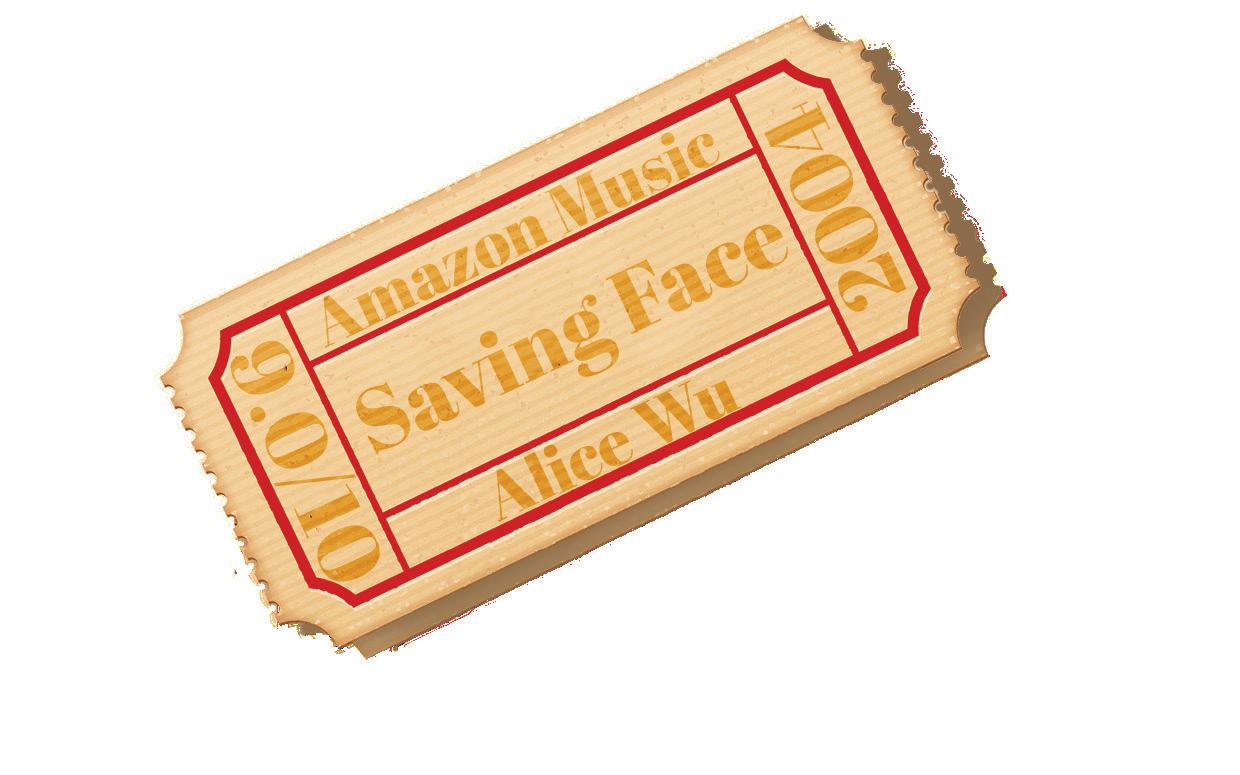
On almost the same level of excellence as “Moonlight,” Alice Wu’s “Saving Face” gets docked slightly for its more minimalistic cinematography, but the writing makes up for it. It’s much more of a 2000s type of movie in how it depicts New York and sets itself up as a typical rom-com, however, through its dialogue and storytelling, it offers a much more subtle view into the nuanced ideas of anti-Blackness, classism, honor, motherhood, and homophobia within the Chinese community that were more foreign to me. The story follows a prominent young surgeon who’s trying to navigate a blossoming relationship with a female professional dancer she likes, all the while keeping said relationship away from her conservative, traditional family. Meanwhile her widowed mother is facing her own relationship problems when she finds herself pregnant with a new man’s baby and she must find a husband before the birth. It’s an incredibly wholesome movie that deserves more attention, honestly.




